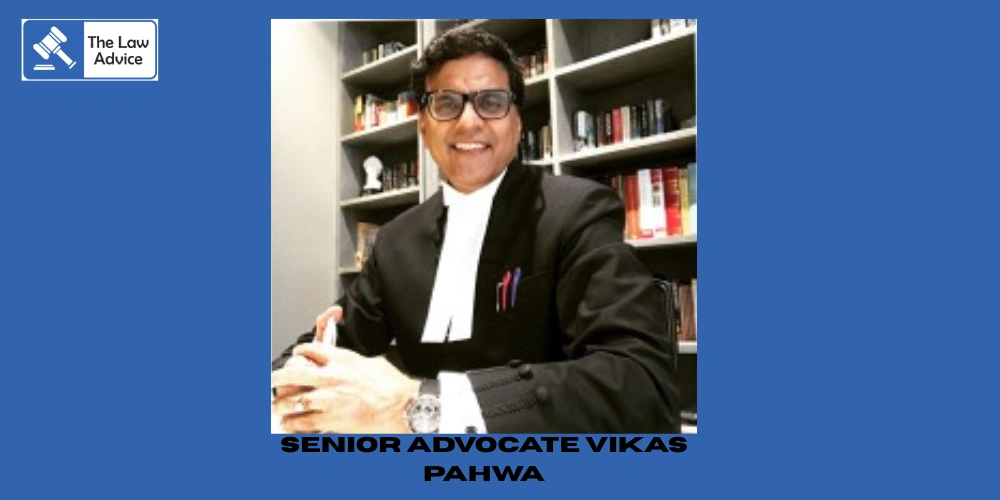Senior Advocate Vikas Pahwa has strongly objected to recent comments made by Sanjeev Sanyal, Member of the Prime Minister’s Economic Advisory Council, in which Sanyal described the judiciary as the “biggest hurdle” to India’s aspiration of becoming Viksit Bharat.
In a detailed letter dated September 23, Pahwa said that while constructive criticism of institutions is welcome in a democracy, Sanyal’s sweeping remarks risk undermining public confidence in the judiciary, which he called the “backbone of our constitutional framework.”
Rejecting the notion that courts obstruct national progress, Pahwa wrote:
“The judiciary does not obstruct progress, although it ensures that development takes place within the framework of Constitutional values, individual liberty, and fairness. To call it the biggest hurdle is extremely unfortunate.”
He emphasized that judicial delays stem from systemic issues such as shortage of judges, infrastructure gaps, and vacancies—not judicial indifference. India, he said, has one of the highest caseloads in the world with one of the lowest judge-to-population ratios, yet judges work tirelessly, often late into the night.
Countering Sanyal’s criticism of “long holidays” for judges, Pahwa pointed to recent reforms. He noted the Supreme Court (Second Amendment) Rules, 2024, which reduced court holidays from 103 to 95 days, and introduced partial working vacations, with at least two benches functioning during the summer recess.
“This reform directly answers the very concern you have voiced in the media,” he said.
Pahwa further highlighted reforms already underway—digitisation, e-filing, virtual hearings, AI-assisted cause list management, fast-track courts, and wider use of ADR mechanisms.
Addressing Sanyal’s criticism of court practices like the use of “My Lord” or the word “prayer”, Pahwa clarified that these terms are misunderstood.
• “‘Prayer’ in law is not a religious invocation but a respectful way of placing relief before the Court.”
• “‘My Lord’ is not colonial baggage but a mark of respect. Judges themselves have clarified that alternatives like ‘Your Honour’ or ‘Sir/Madam’ are equally acceptable.”
He stressed that the real issue is institutional respect, not the choice of phrase.
On Sanyal’s concerns about pre-litigation mediation under Section 12A of the Commercial Courts Act, Pahwa explained that any confusion arises from legislative drafting, not judicial interpretation.
Concluding, Pahwa cautioned against rhetoric that could erode trust in the judiciary:
“No institution is above scrutiny, and the judiciary is not exempt from criticism. But such critique must be accurate, balanced, and mindful of constitutional roles. To weaken public confidence in the judiciary is to weaken the very fabric of our democracy.”
He urged that reforms must come through dialogue and collaboration, not confrontation.
